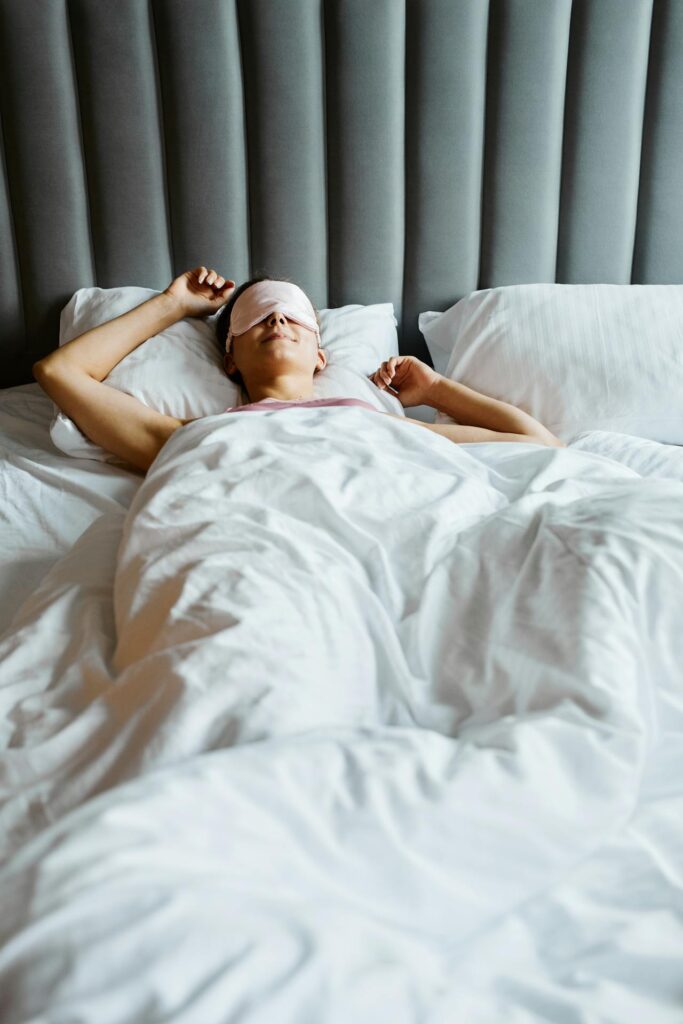Whether it’s because you are worried about the upcoming day, or just that when you know you have to get to sleep your body seems to do anything but, sleep and night time anxiety can be a real problem for many people.
The good news is there are some ways of managing it so its effect on your life can be minimized. Find out what they are below.
Table of Contents
Do Get into a Good Routine
The importance of a good routine for sleep cannot be overstated. Indeed, a good sleep routine is often known as good sleep hygiene these days and is a big deal in health and wellness circles.
Good sleep hygiene means you have a set bedtime and a set time to get up each morning, which will help your body be consistent in going to sleep and waking. Good sleep hygiene also means doing some or all of the strategies listed below, especially giving yourself enough time to wind down after your day.
Do Give Yourself Time to Wind Down
Do you go to bed and scroll your phone until the wee hours? If so, you aren’t giving your brain and body enough time to wind down without constant light stimulation. What this means is that it can be much harder to fall asleep, which can also lead you to spend longer on your phone and get into a very negative cycle.
Instead, the best idea is to give yourself at least an hour when you are not using your phone screen. Perhaps you might listen to an audiobook, some music or a podcast. You may want to meditate or do some gentle yoga to take night time anxiety off your mind.
Some people even use this time for a nice hot bath that relaxes the muscles or to consume some CBD vape juice in their vape pens. After all, CBD products offer relaxation without the mind-altering effects of THC.
Do Use Progressive Muscle Relaxation
Another great tip for those who suffer from nighttime and sleep anxiety is to use a technique called progressive muscle relaxation or PMR. PMR is a strategy where the individual slowly tenses different muscles in the body and then relaxes them.
This can help an anxious sleeper not only because it demonstrates what proper relaxation feels like to the body, but also because it gives them something to focus on that is not their anxieties.
Don’t Exercise Vigorously
You’ll find plenty of articles online suggesting that exercise in the evening can help you fall asleep. Yet, the problem here is that they are referring to gentle exercises like stretching and yoga. Anything vigorous should be done well before the evening starts as it can wake up the mind and body, not relax it.
Do Experiment with Music and Noise
Last of all, if you have a nervous sleep or get night time anxiety it can be very helpful to use sound to help you stay calm. Indeed, some types of sound like white noise, pink noise, or brown noise can be very relaxing to some people because they help block out environmental noise, as well as mental noise making it much easier for them to fall and stay asleep.
Photos from Pexels


One thought on “The Dos and Don’ts of Managing Sleep and Night Time Anxiety”